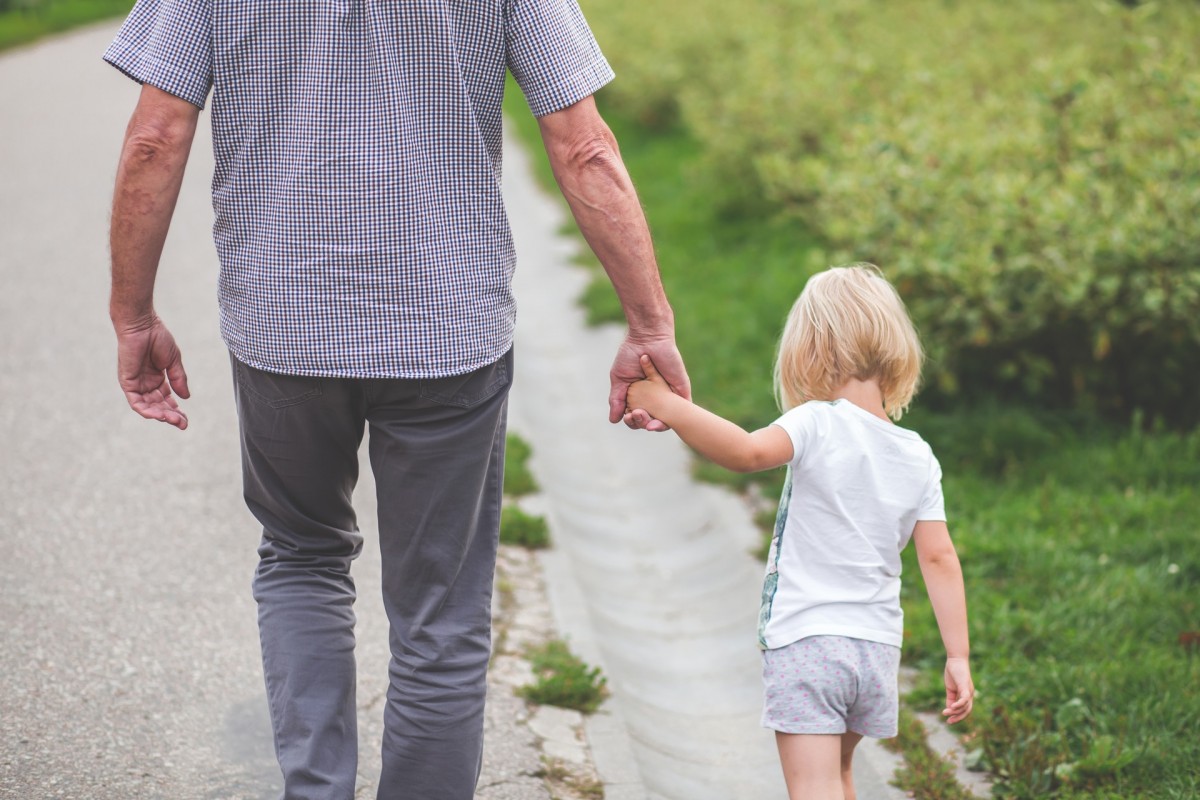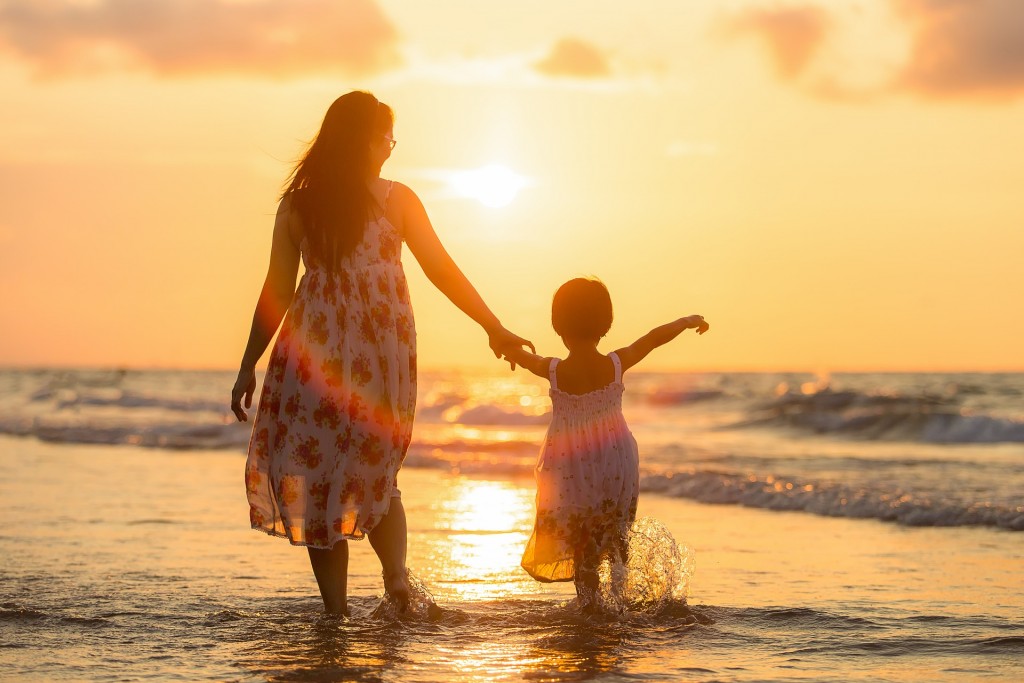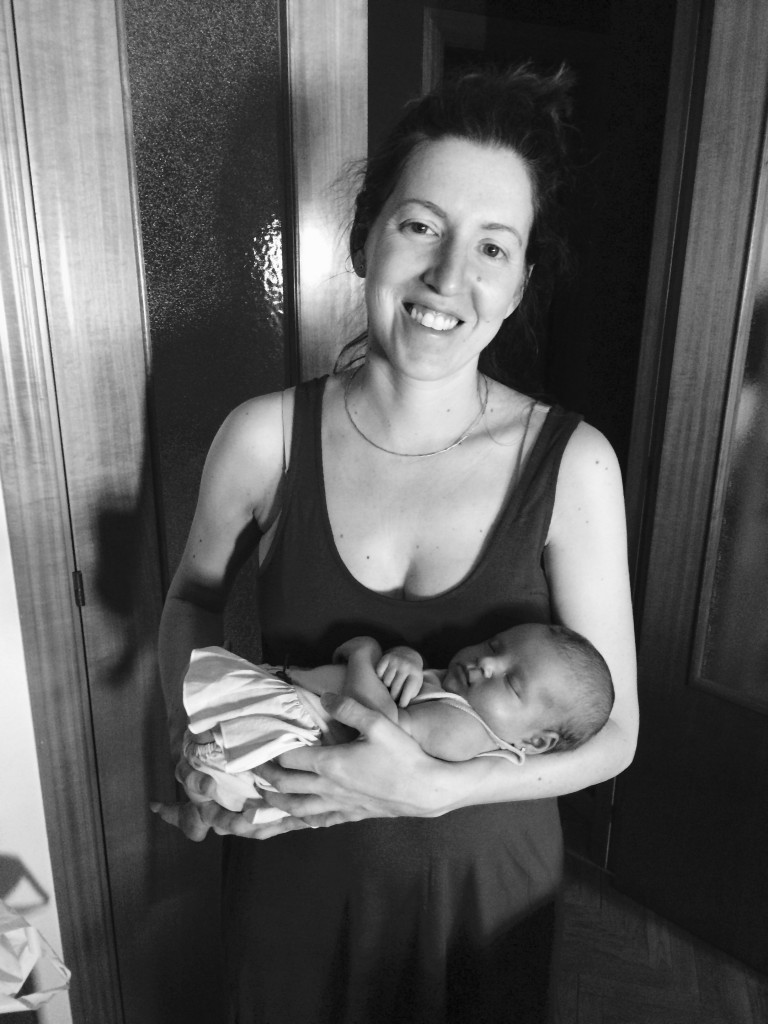
The following is a guest post written by Samara Kamenecka. She has put a lot of thought and effort into writing about helpful strategies for positive parenting, and today she is sharing about one of her 18 parenting hacks for preparing kids for life – disciplining with empathy.
As parents, our ultimate goal is to raise children who add value and joy to society. This lofty objective has given rise to countless discussions on the “proper” way to raise children and enforce good behavior.
To that end, I’ve come up with a list of 18 parenting hacks that will help prepare your kids for the real world. This includes nurturing emotional intelligence, teaching children gratitude, and taking advantage of teachable moments, among others.

One aspect I believe is really important is learning to discipline with empathy. Every day parents navigate their kids’ emotions, but let’s face it, kids don’t like to be told how to behave, so laying down the law or setting limits can be difficult and unpleasant. When children hear something they don’t want to hear, it’s only natural for them to push back.
Of course, the actual rules are important, but it’s how you set them that really matter.
To begin, you must have a loving connection with your child so she knows that whatever you’re telling her (especially if it’s something she’s not going to like) is coming from a place of kindness and caring.
Next, when you’re making your point, be fully present –not distracted by your phone or anything else – and let her know you appreciate her perspective, but help her to see alternative options. For example, when she cries to stay at the playground, say that you understand she doesn’t want to leave. Remind her that she can come back tomorrow and encourage her to look forward to that. Point out that her friends are sad too, but remind her that they’ll be together soon. You’re showing her that her feelings are valid and pointing out that others share her feelings. What’s more, you’re teaching her to problem solve and move on. She still may not want to say goodbye, but she’s managed the situation (and her emotions) in a way that allows her to get on with her day. This is how empathy (and character and independence) grows.
While it’s essential for children to be self aware – to recognize their own feelings and impulses – it’s only half the battle. They must also distinguish how others feel. For toddlers and younger children this will be a struggle.
One way to introduce this concept is to reflect on a character in a book: “I wonder how Peter Rabbit felt when he lost his coat? How would you feel if that happened to you?” Role playing, or taking on another perspective, allows kids to imagine how their own words or actions affect others. In turn, it helps them to regulate their emotional responses.

Children need boundaries, but in many cases, they need to learn how to accept and respect them. And, undoubtedly, as they mature, they’ll push back and rail against what they see as unfair limits and too strict regulations.
As parents, we should expect tantrums and meltdowns, but we shouldn’t let them stop us from connecting with our kids. For example, if your daughter screams and refuses to get off the bus after a field trip, try something like: “I bet you’re exhausted after seeing all those new things at the museum. I get tired and hungry after field trips, too. Let’s go home and eat and rest.” In this way, you validate her feelings and offer her a way out of her discomfort. In turn, when she sees a friend in a similar situation, she’ll repeat your words in the hopes of offering comfort and understanding.
Empathy is not an inherent trait; it needs to be taught. When parents discipline with empathy, they’re teaching their kids how to work together in a group and how to form functional families. Ultimately, they’re gifting their children with the foundation for compassion, gratitude, and unconditional love.

Bio:
Samara Kamenecka is a New York-born freelance writer and translator living in Madrid. When she’s not chained to her computer, she likes to explore the city with her boyfriend, daughter and dog. You can find her blogging over at www.tinyfry.com, and you can also connect with her on Facebook or Twitter.
Like what you found here? Sign up here for short and sweet weekly emails about what’s new on the blog – positive parenting, early learning, green living, life simplifying, giveaways and more.
2 thoughts on “Why Discipline With Empathy? – Teaching Life Skills Through Positive Parenting”
One thing that stood out to me is that we should always validate the child’s feelings. I’m a bit of a robot, I don’t think my daughter has ever seen me cry, so I may not be doing a great job at validating feelings. I heard my daughter echoing my sentiments on the playground one day when a friend fell and started to cry. She hugged her friend and asked, “Is there blood? Is there bone sticking out? No? OK c’mon let’s play some more.”
Oh man! She sounds like a trooper! It’s amazing how much clearer we can see ourselves when we see us in our little ones. I’m always noticing new things about myself through my daughter.